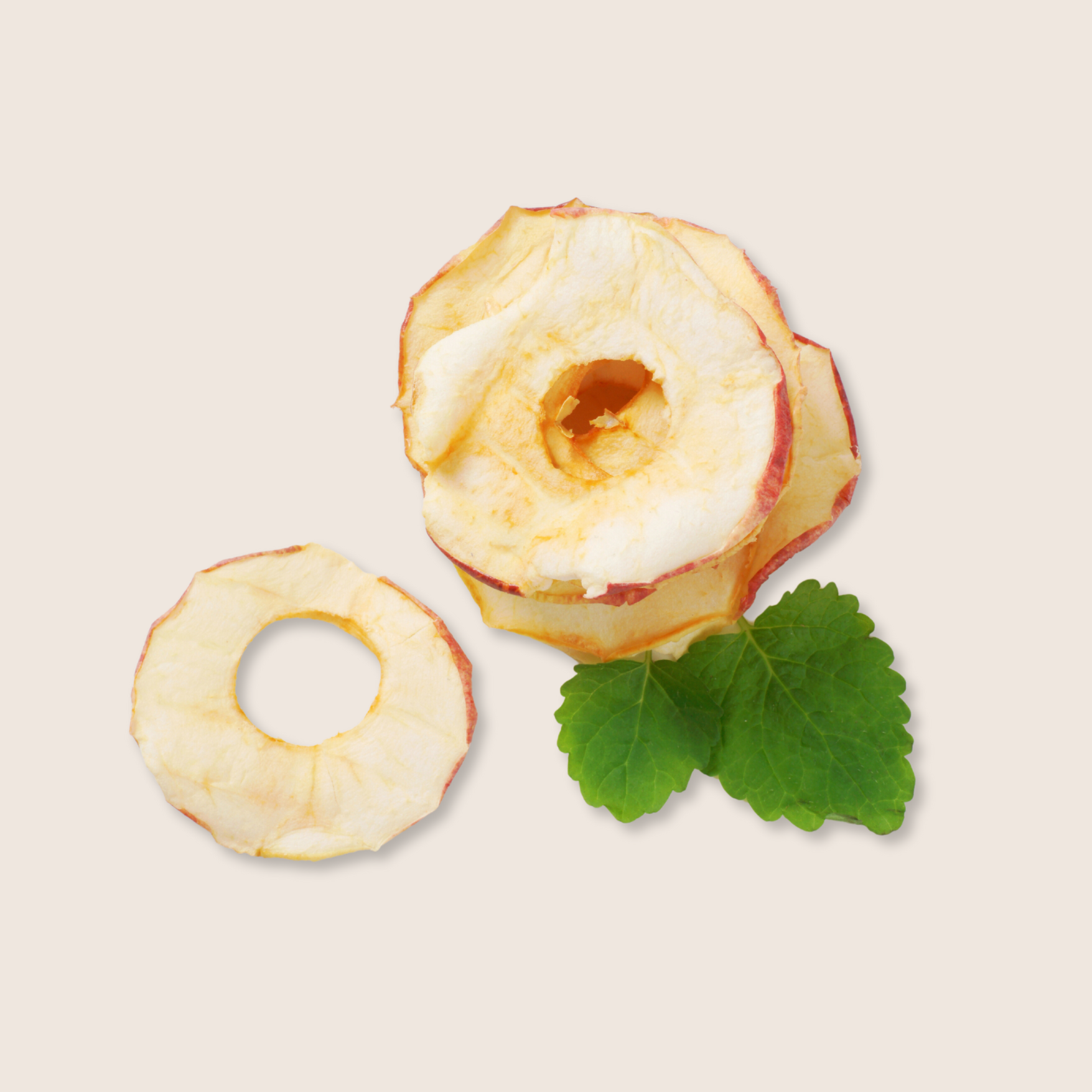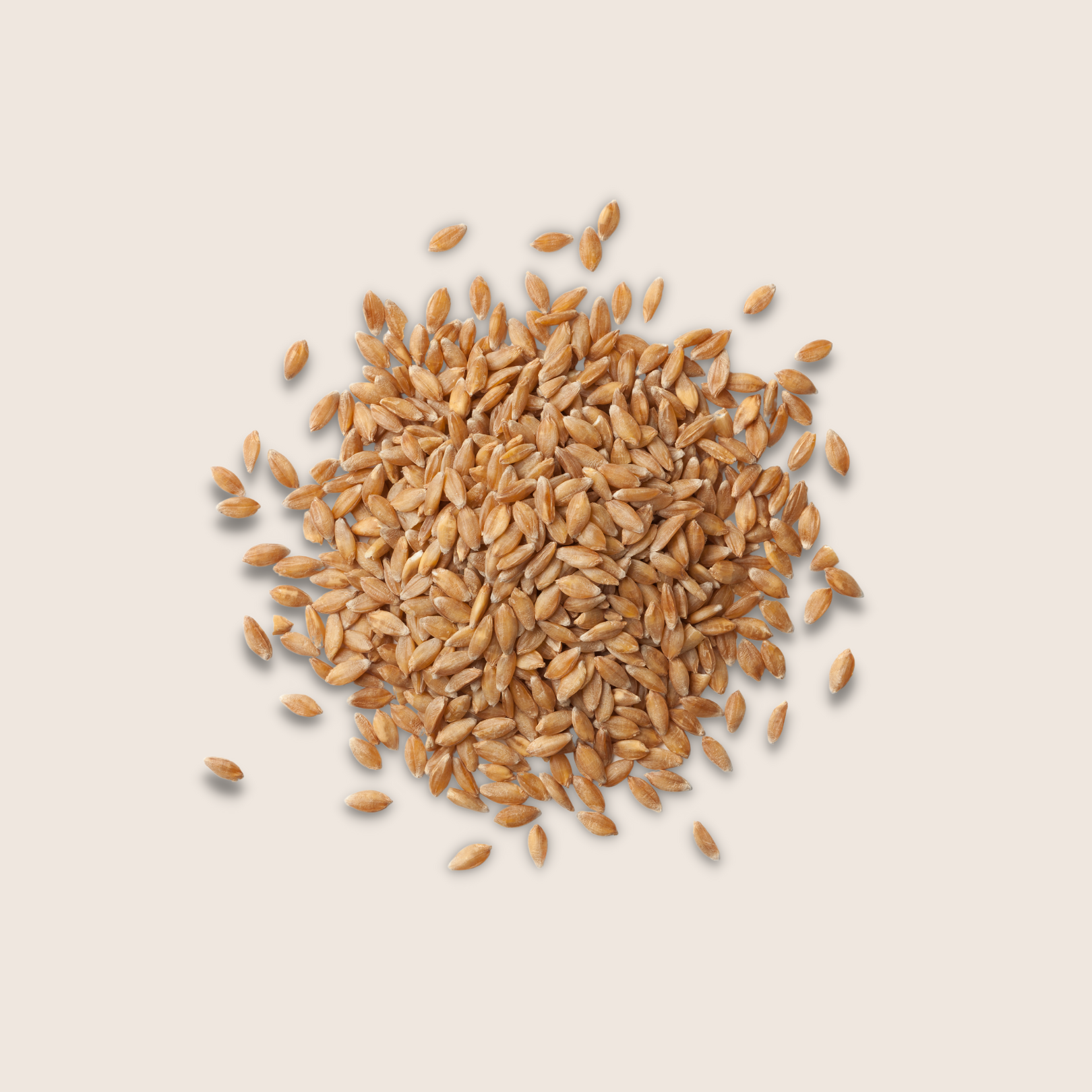LA NOIX DE CAJOU : UNE ALLIÉE DE TAILLE !
D'où vient-elle ?
La noix de cajou est une noix issue d’un arbre appelé Anacardium occidentale qui provient à l’origine du Brésil mais que l’on peut maintenant rencontrer dans d’autres parties du monde, notamment en Inde, un pays qui est devenu le premier producteur de ce produit. Celle que nous utilisons dans nos recettes provient du Vietnam !
Cette graine ou noix est issu du fruit de l'anacardier et a une couleur variant du vert bouteille au grisâtre. La forme de cette noix peut ressembler à un rein ou à un cœur.

Après avoir été récolté, ce fruit subit différentes étapes de transformation : cuisson, séchage, découpe, décorticage, pelage, calibrage et conditionnement.
Quels sont ses atouts ?
Sa richesse en acides gras insaturés
La noix de cajou fait partie de la catégorie des aliments oléagineux c'est à dire qu'elle est composée de beaucoup de lipides. Et ce qui est intéressant c'est que ce sont de bons lipides !
En effet, sur les 50% de lipides qu'elles contient 16% sont des acides gras insaturés ceux qu'il faut privilégier.
Ces acides gras sont impliqués dans la structure des membranes cellulaires ce qui, couplé à des antioxydants, permet de ralentir le vieillissement cellulaire.
Aussi, ils jouent un rôle préventif lors d'une grossesse et vis à vis des problèmes cardiovasculaires.
Un bon apport en protéines
La noix de cajou contient 18,2% de protéines ce qui en fait un aliment très intéressant. Et en plus de cela, ces protéines sont dites de bonne qualité (pour en savoir plus sur ce sujet rendez-vous sur un de nos blog qui en parle).
En effet, leur score de qualité varie entre 95 et 103% selon les études ce qui implique qu'elles sont à privilégier !
Les protéines sont des éléments indispensables pour la construction de notre organisme et le fonctionnement de notre métabolisme, il faut donc avoir un apport quotidien suffisant autant en terme de quantité que de qualité !
Ses vitamines et minéraux
La noix de cajou vous réserve bien des surprises !
En plus de ces acides gras et ses protéines, elle est pleine de micronutriments, et notamment de calcium qui sert à réguler la tension, pour la contraction musculaire et pour la structure osseuse.
Elle contient des vitamines, de la vitamine K et de la vitamine B9. La vitamine K jour un rôle dans la fixation du calcium mais aussi dans la coagulation sanguine. La vitamine B9 quant à elle est très utile lors d'une grossesse pour limiter le risque de malformations.
Son bon goût sucré
Et pour clôturer le tout, cette noix bénéficie d'un goût assez doux, dû à sa sucrosité. Cela fait d'elle un fruit à coque plus accessible que certains qui ont un goût plus prononcé.






